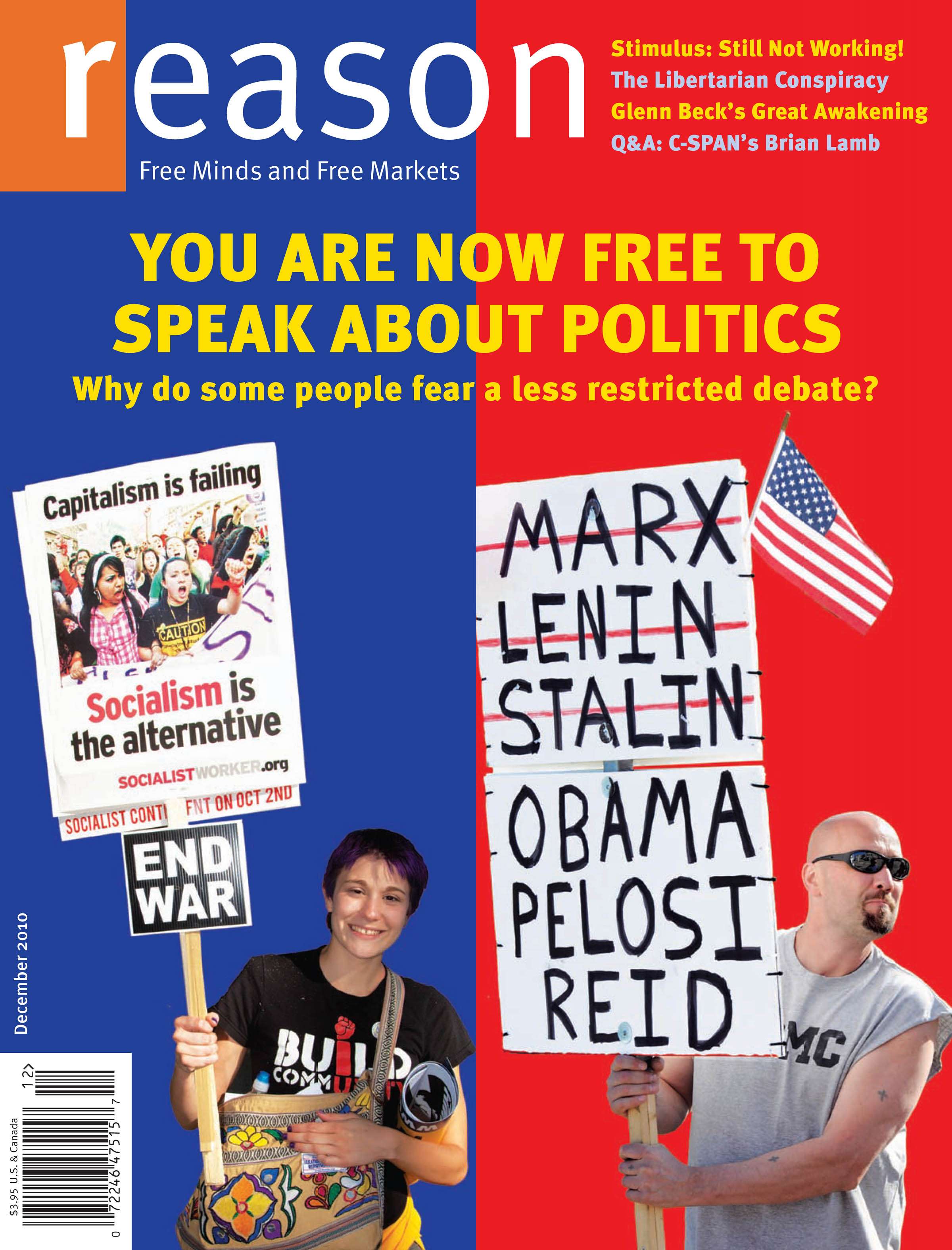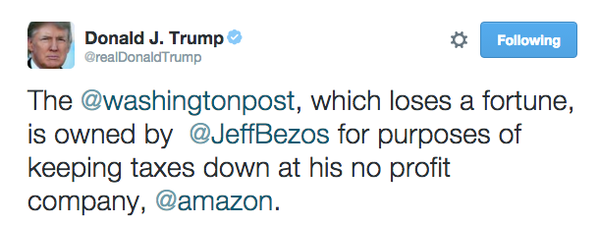Donate to Reason in the Webathon's Final Hours, Because You Want to Crush Mother Jones Like a Grape!
Our friendly competitor's fundraising campaign, we mean!

SHAZAM! We went from being 147 donors short of our Webathon goal 24 hours ago to beating all comers like a redheaded stepmule: 1,439 individual donations as of 5:15 p.m. ET, smashing last year's previous record of 1,178 right in the kisser. On behalf of the poorly dressed Reason staff (pictured below), I thank you. AND YET I DO NOT RELEASE YOU.
(Make your tax-deductible donation to Reason at this link, etc.)
I do not release you for two reasons. 1) Because even though we're now
three grand ahead of last year's all-time record of $224,000 in Webathon donations, we're still a tick over $22,000 short of our audacious goal of a quarter-million dollars, with six hours to go. AND GOALS ARE IMPORTANT. Especially because 2) We seek to seal our victory over Mother Jones.
Last night I mentioned that our frenemies over at the left-bent investigative outlet are also running a December fundraiser (magazines of political opinion being, as they are, perpetual money-losers that depend either on sugar parents or the kind of diversified nonprofit structures us & MoJo prefer), in which they—of the significantly larger overall budget, mind you!—are asking for $200,000. We want our fundraiser to be bigger, and its percentage of our overall operating budget to be much bigger. In order to ensure that, let's quote from their pitch.
First: Obviously Mother Jones and Reason are cosmotarian, California-based drinking buddies (we let them borrow our monocles, they loan us their berets), but…what's that? We're all too old for "cocktail parties," except for the pictured Reason staffers? ANYWAYS. Read these MoJo words, starting with the headline "There's One Piece of Democracy That Fat Cats Can't Buy," and get ready to pull out your credit cards:
Over the past six years, America has seen a dramatic expansion of the power of the 0.01 percent. First it was economic power: Because of everything from tax policy to the financialization of the economy, wealth has become radically concentrated. That wealth bought political power: Citizens United, the explosion of dark money, the billionaire primary. Now the same concentration of power and wealth is playing out in another arena that is critical to democracy: media.

(Donate to Reason here. Reason on Citizens United here, including Jacob Sullum's "You Are Now Free to Speak About Politics: Why do some people fear a less restricted debate?")
Our industry is in the middle of an epochal shift in how content is produced, distributed, and, most importantly, paid for. […]
Basically, what you get is an arms race of ever more annoyed users versus ever more desperate publishers—and eventually, the whole foundation of the model starts falling apart. Because increasingly, the people who own the eyeballs are not the publishers, but the companies—Facebook, Snapchat, Apple, Verizon—on whose apps and devices you access media content. (For more on how "tech is eating media," see this smart essay by John Herrman.) If those companies want to sell those eyeballs and keep the money for themselves, they can do that.
And, of course, they do.
Just as superwealthy individuals can now single-handedly underwrite political campaigns, so too can they create news organizations from whole cloth.
Sometimes they do it for thoughtful civic reasons, as when eBay founder Pierre Omidyar launched First Look Media. Other times they are hoping for a payoff down the road, like the venture capital investors who are pouring millions into Buzzfeed, the Huffington Post, and Vox. Occasionally it's not quite clear—why, really, did Amazon's Jeff Bezos buy the Washington Post? Whatever the motive, the dangers are obvious[.]

(Donate to Reason here. Me on "Jeff Bezos and the Great Beyondists.")
News doesn't make money. It never has. Actual, original reporting has always been a de facto nonprofit endeavor, paid for with the revenue from other things (say, sitcoms in a broadcast network, or custom printing in a newspaper company). The only way to end up with a small fortune in journalism is to start with a large one.
(Donate to Reason here. Me on "Bailing Out One of the 20th Century's Best Business Models.")
We wish our pals further success, just slightly less than shiny than ours. We have six hours left. You know what to do.


Show Comments (71)